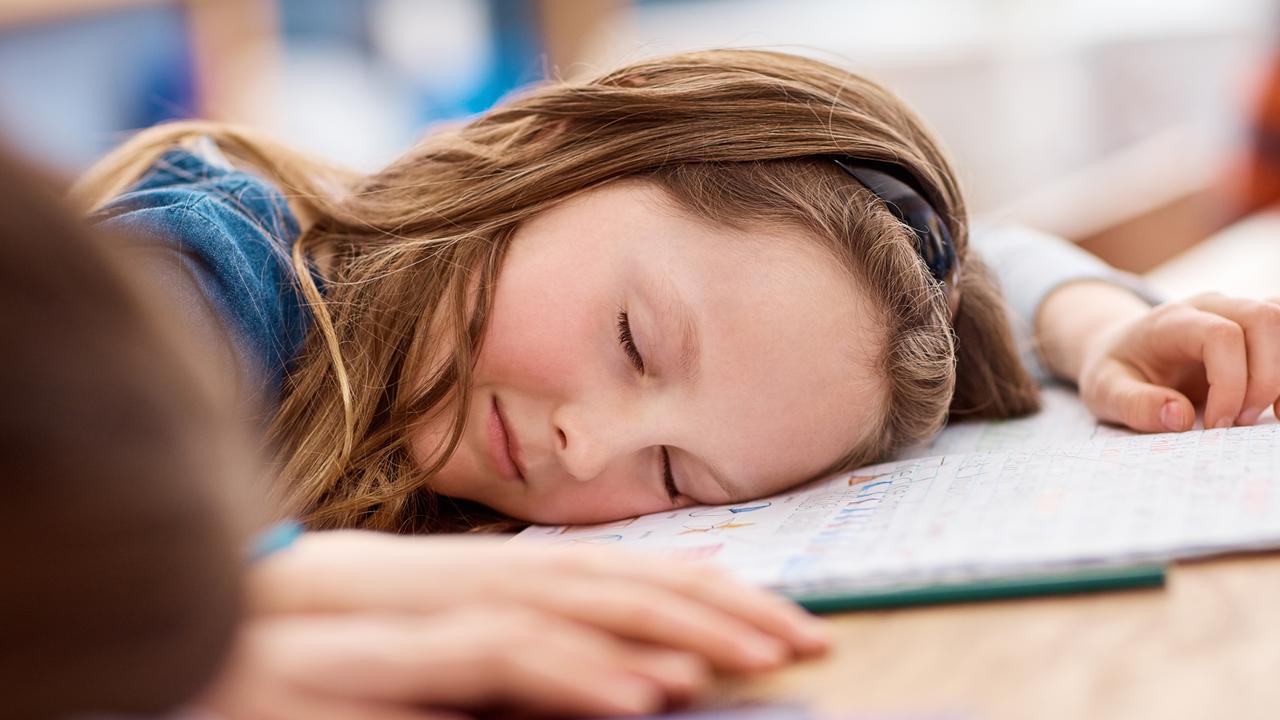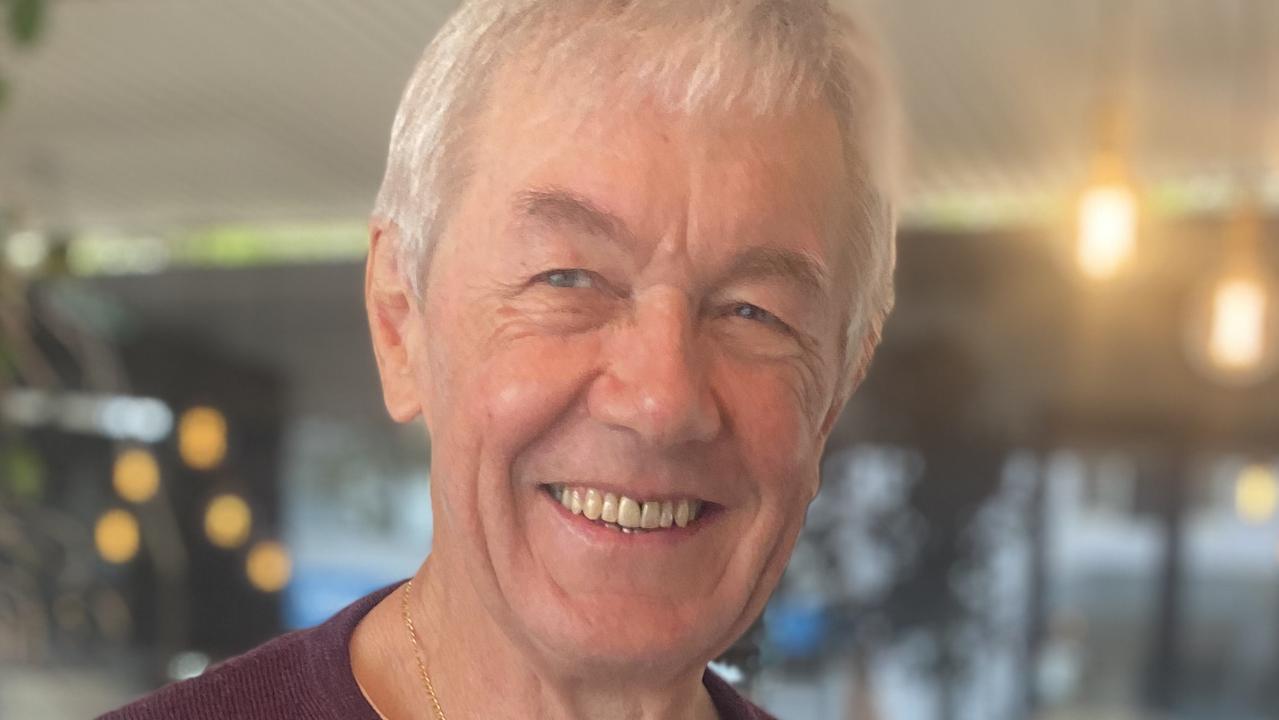How Asahi created an alcoholic soft drink for kids
An Australia expert on alcohol harm has detailed how an over 18s soft drink became an item every student at Schoolies was buying.
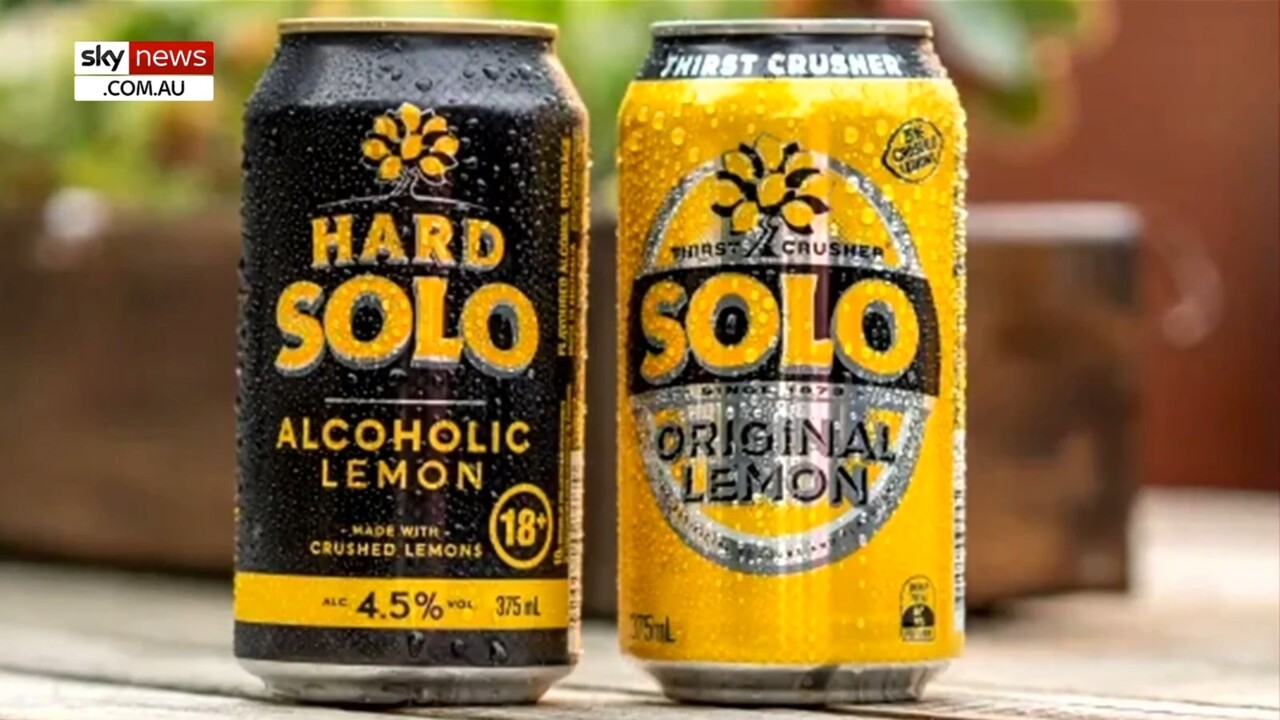
Health
Don't miss out on the headlines from Health. Followed categories will be added to My News.
ANALYSIS
An alcoholic version of a popular soft drink is making headlines again as thousands of young people flock to the Gold Coast for Schoolies.
The company behind this alcoholic product is Asahi, the multinational conglomerate that owns Carlton United Brewers and Schweppes – the maker of Sunkist, Solo and Pepsi Max.
Earlier this year, they decided to add ethanol to one of Australia’s most well-known soft drinks and called it “Hard Solo”.
When we see young people drinking this alcoholic product on the Gold Coast, there can be no doubt that this is exactly what the Asahi had in mind.
They knew – as the latest data from the Australian Bureau of Statistics shows – that the biggest consumers of sugar-sweetened beverages are teenage boys and young men, with 68.6 per cent of 14-to-17-year-old and 68 per cent of 18-to-24-year-old males drinking these products on most days.
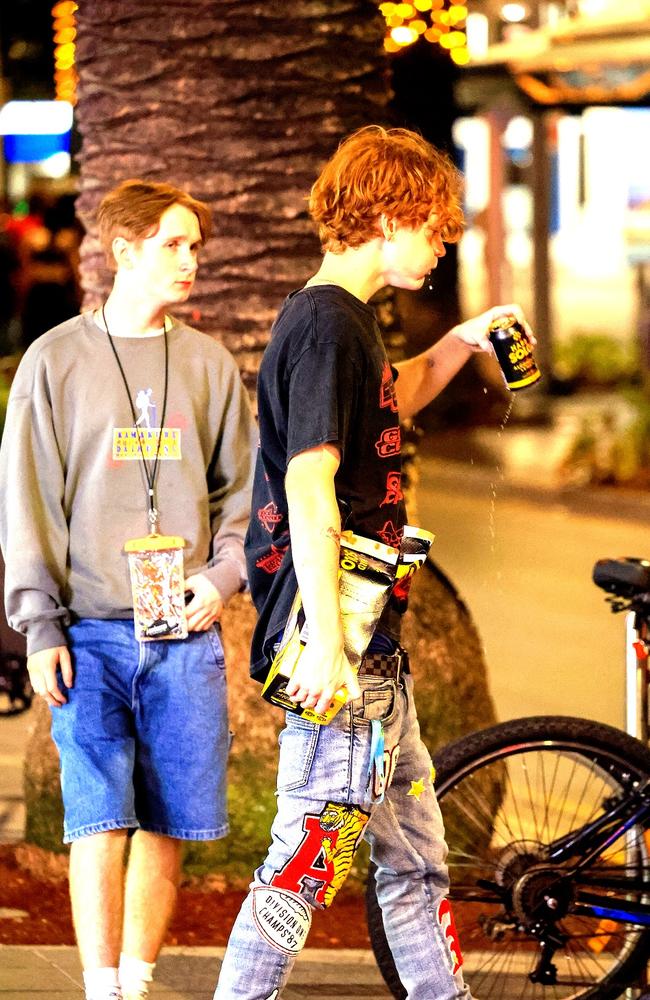
Launching Hard Solo was a calculated decision by Asahi and it is no coincidence that the product has been heavily promoted on TikTok, a platform largely populated by kids and young people.
The multinational corporation undoubtedly knew what would happen when this alcoholic product hit the Australian market, and the risk of harm to the children and young people it appealed to – yet this did not stop Asahi.
When the community started to flag that this was an alcoholic soft drink created for kids and young people – this didn’t stop Asahi.
Nor did the context of Australia’s concerning levels of alcohol harm, with alcohol-induced deaths at their highest rate in more than a decade, and more and more people seeking treatment for alcohol use or presenting to hospital with alcohol-related injuries, including self-harm.
If only the news in October that the rate of deaths caused directly by alcohol had risen by another 9 per cent in 2022, marking the fourth consecutive year of increases, attracted the same attention that Hard Solo has received.
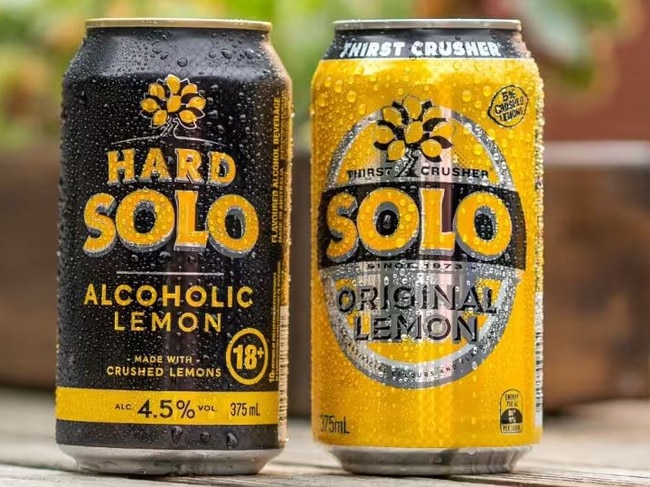
In the United States, there has been a proliferation of brand partnerships between alcohol companies and well known soft drink brands.
These products are designed to mask the taste of alcohol – making it easier to sell in large quantities – while leveraging the appeal of an existing brand popular with children and young people.
Public health advocates in the United States issued a warning about the trend in February, telling the New York Times that there was a danger these ethanol-laced sodas could reverse a decline in rates of young Americans drinking, at a time when alcohol-related deaths in that country are also at record highs.
When Asahi decided to add a “nondescript” alcohol to Solo, as described by product reviewers, they knew exactly what they were doing.
An analysis by the Foundation for Alcohol Research and Education (FARE) of user-generated content about this product on TikTok found that it was overwhelmingly being promoted as an alcoholic beverage that masks the taste of alcohol, gets people intoxicated quickly, and will particularly appeal to kids.
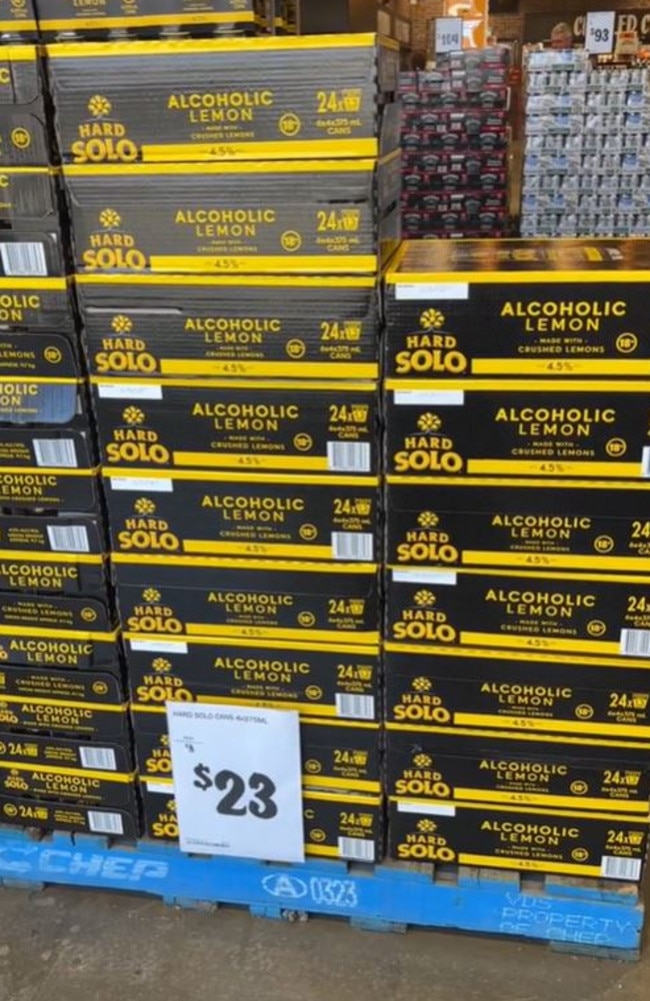
In one such video, the TikTok creator states: “You give this to a 12-year-old, bro, they’re gone.”
Another comments: “To be honest, I can’t even taste the alcohol in here … It’s quite concerning, if I was a kid and I just picked this up I wouldn’t know the difference.”
These videos have collectively received more than 10 million views, from among the platform’s youth-dominated audience – with it being estimated that half of their users are aged 13 – 24 years.
When the community spoke out about this, complaining to the Alcoholic Beverages Advertising Code (ABAC) – a voluntary scheme run by alcohol companies and their lobbyists – Asahi still refused to listen.
They doubled down and decided to roll the product out on tap in pubs across Australia, even as the New South Wales liquor regulator and federal Parliamentarians started asking questions.
Asahi even lawyered up, engaging a top tier law firm to argue that Hard Solo “is an adult drink” and highlighting the many examples of complaints about alcohol marketing to children that have been knocked back by the sham ABAC scheme.
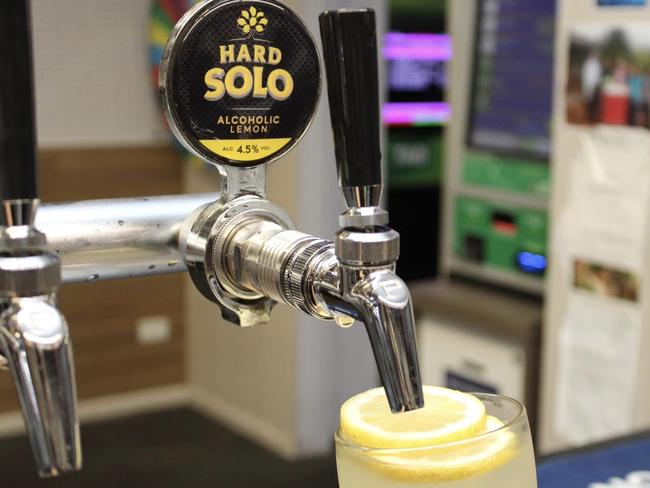
Then, when the ABAC – which had approved Hard Solo through its pre-vetting program – buckled under public pressure and scrutiny to finally admit on 8 November that the product appealed to children, it sat on this finding until last Thursday, just days out from Schoolies.
On the same day that the ABAC quietly published its finding on it’s website, Asahi leaked its plans to change the product’s name to Hard Rated and stop production of Hard Solo by February 2024.
And who got the exclusive?
To ensure that Asahi’s PR reached its target audience of kids and young people, a TikTok influencer was leaked the story. Their video has been played more than 1.8 million times.
You could not come up with a more cynical PR campaign.
We know that alcohol companies bombard children and young people with targeted ads for alcoholic products on Facebook and Instagram, as discovered by University of Queensland researchers.
This is despite the well-established evidence that shows that children exposed to alcohol marketing are more likely to drink alcohol from a younger age and at higher risk levels, putting them at increased risk of injury, illness and death.
What this whole exercise by Asahi shows us is how multinational alcohol companies target young people in pursuit of profit.
And while they are allowed to do this, people who are most vulnerable will be at increased risk of harm.
We need to have a frank conversation in Australia about the harm alcohol causes – and an acknowledgment of the devastation that this has on far too many families across the country.
Caterina Giorgi is the CEO of the Foundation for Alcohol Research and Education (FARE).
Originally published as How Asahi created an alcoholic soft drink for kids



